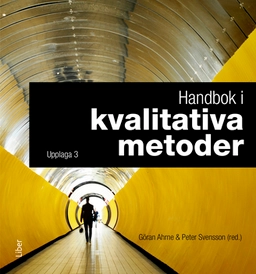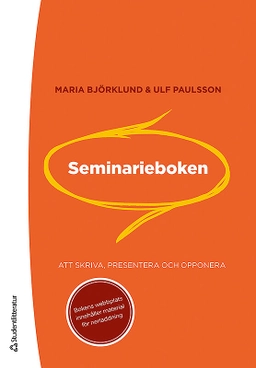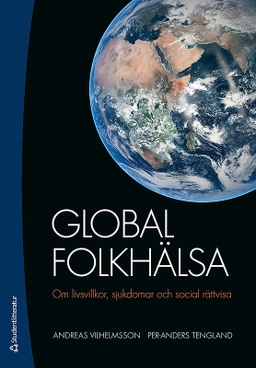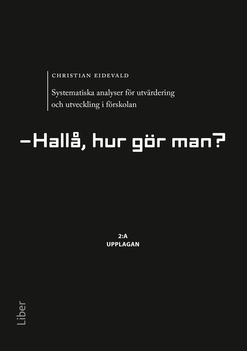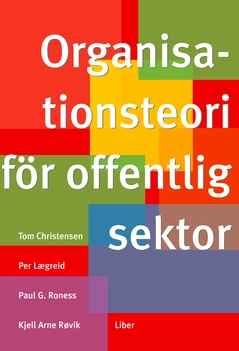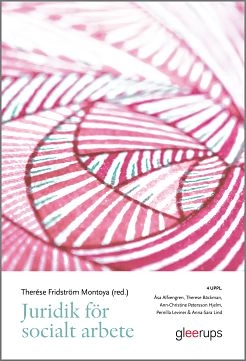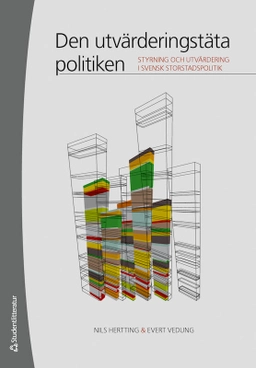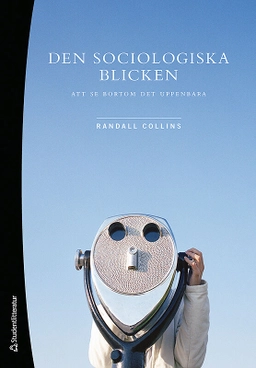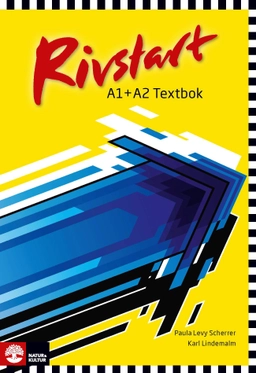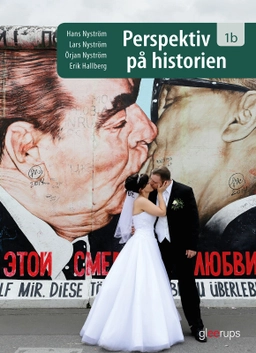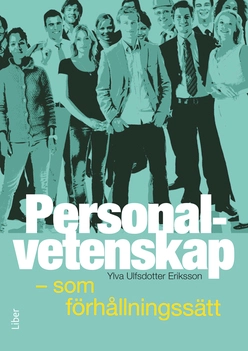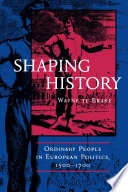

Shaping history : ordinary people in European politics, 1500-1700
- Utgiven: 1998
- ISBN: 9780520213180
- Sidor: 237 st
- Förlag: Berkeley, Calif. Univ. of California Press
- Format: Häftad
- Språk: Engelska
Om boken
Åtkomstkoder och digitalt tilläggsmaterial garanteras inte med begagnade böcker
Mer om Shaping history : ordinary people in European politics, 1500-1700 (1998)
1998 släpptes boken Shaping history : ordinary people in European politics, 1500-1700 skriven av Te Brake. Den är skriven på engelska och består av 237 sidor. Förlaget bakom boken är Berkeley, Calif. Univ. of California Press.
Köp boken Shaping history : ordinary people in European politics, 1500-1700 på Studentapan och spara pengar.
Referera till Shaping history : ordinary people in European politics, 1500-1700
Harvard
Oxford
APA
Vancouver

